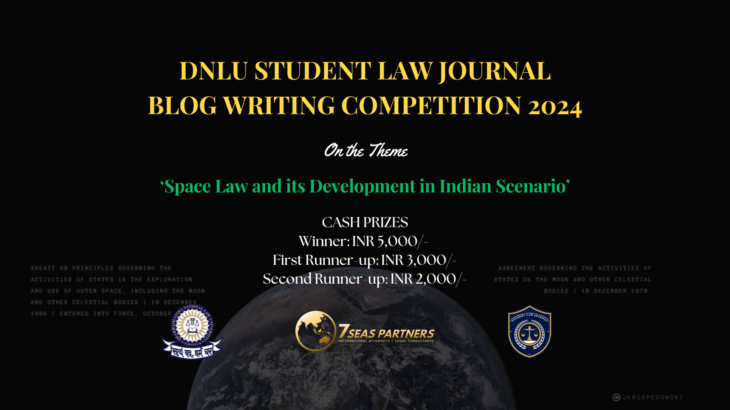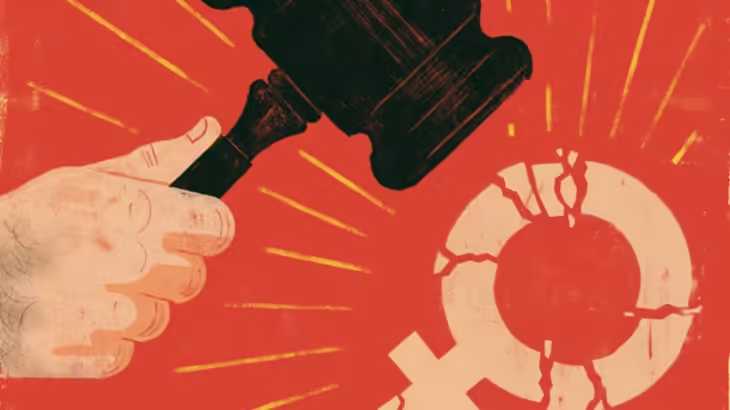How wise is it to cherish the fruits of a poisoned tree? This question has been discussed in several criminal procedure and evidence-related cases in the past years. There have been numerous instances where incriminating evidence has been produced, yet it is not admitted because it was obtained illegally. The law, prima facie at least, appears to conform with the “fruits of the poisoned tree” doctrine and tainted evidence is usually not admitted, be it a case of police brutality or violation of the due process of law to obtain necessary evidence or confession to put anyone behind bars.
However, a very peculiar exception to this general rule is emerging in the family courts where the spouse is allowed, if not encouraged, to obtain evidence by whatever means necessary. In this light, the authors argue that admitting evidence obtained through cyber-stalking encourages violation of the fundamental rights of the spouse and, therefore, must not be permitted.









